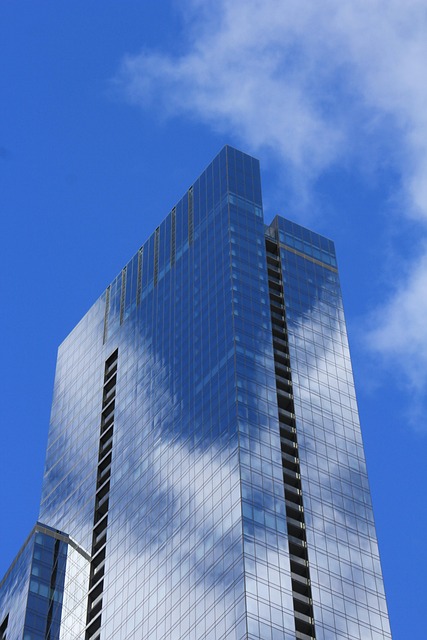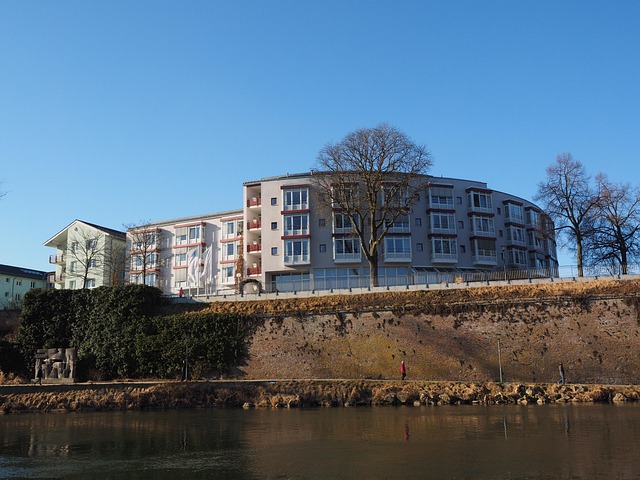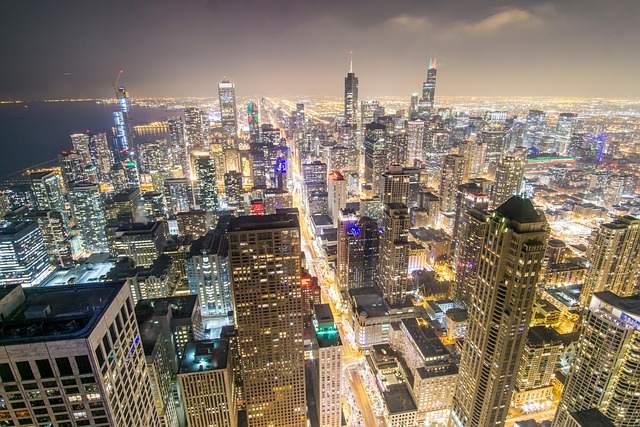Elderly sexual assault in Chicago faces challenges like cognitive impairments and social isolation. The CPD responds promptly, offering support and evidence collection. Specialized lawyers use patient care, forensic evidence, and legal protections to aid victims. Organizations provide tailored assistance for recovery and justice. Elderly sexual assault Lawyer Chicago ensures victim safety and rights throughout the process.
In Chicago, addressing elderly sexual assault cases requires a nuanced understanding of victim dynamics. The Chicago Police Department (CPD) employs specific protocols for initial responses, evidence collection, and preservation techniques. This comprehensive guide explores these processes alongside legal rights and protections for victims, emphasizing the critical role of support services and advocacy. For those seeking justice, an elderly sexual assault lawyer in Chicago can offer crucial guidance tailored to complex legal landscapes, ensuring survivors receive the assistance they deserve.
Understanding Elderly Sexual Assault Dynamics
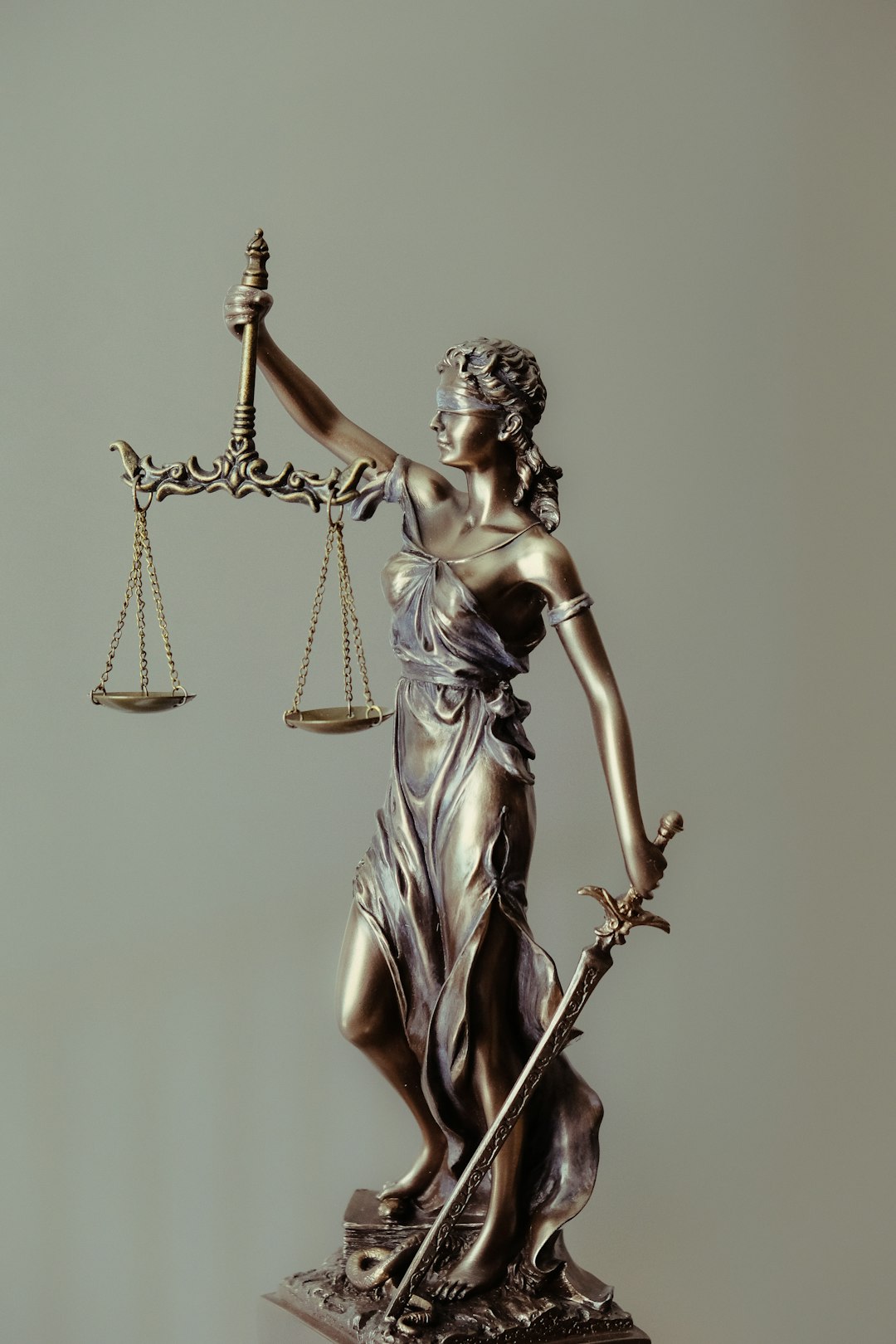
Elderly sexual assault cases present unique challenges due to the sensitive nature of the issue and the specific dynamics at play. Understanding these dynamics is crucial for effective investigation. In Chicago, elderly victims often face barriers such as cognitive impairments, physical limitations, and social isolation, which can make it difficult for them to report or recall incidents. Additionally, attackers typically target individuals who appear vulnerable, exploiting trust and power imbalances.
An elderly sexual assault lawyer in Chicago emphasizes the importance of patient care and thorough investigation. This includes creating safe environments for victims to share their experiences, utilizing specialized interview techniques, and gathering medical and forensic evidence. Early intervention and support services are vital to help victims cope with trauma and pursue justice.
Chicago Police Department's Initial Response Protocol

When an elderly sexual assault is reported in Chicago, the Chicago Police Department (CPD) follows a strict initial response protocol designed to protect victims and gather crucial evidence. A dedicated team of officers is trained to handle such sensitive cases with care and speed. They begin by ensuring the victim’s safety and providing immediate support, often involving transportation to a medical facility for examination and treatment.
A key part of the CPD’s strategy involves coordinating with an elderly sexual assault lawyer Chicago residents can trust. These legal professionals offer guidance on rights, privacy concerns, and potential legal actions. The police also document the incident meticulously, collecting evidence from the scene, interviewing witnesses, and gathering medical records to build a comprehensive case that supports both the victim’s well-being and potential prosecution of the perpetrator.
Evidence Collection and Preservation Techniques
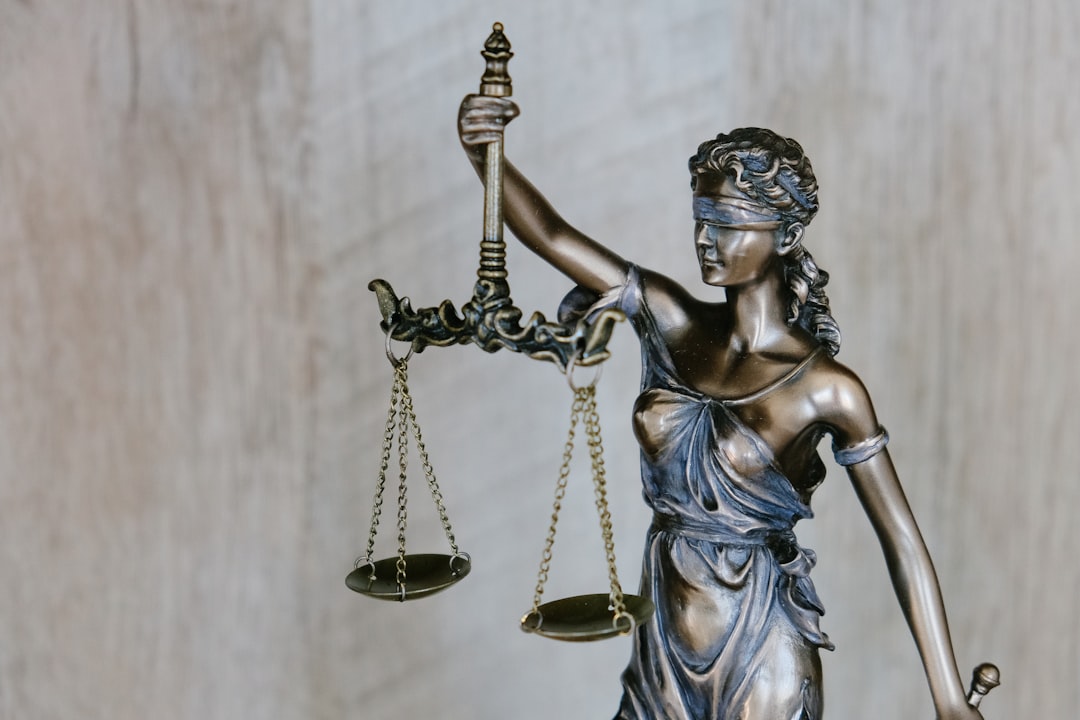
In the delicate matter of elderly sexual assault cases, the Chicago Police Department employs meticulous evidence collection and preservation techniques to ensure justice is served. Trained officers are equipped with specialized knowledge to handle such sensitive investigations, prioritizing both the victim’s well-being and the integrity of potential evidence. They use advanced tools and methods to document and collect physical evidence, ranging from clothing and hair samples to digital media and medical records, which can be crucial in building a compelling case for an elderly sexual assault lawyer Chicago.
The process involves careful documentation at every step, including detailed reports and high-quality photographs, to preserve the chain of custody. This meticulous approach ensures that any evidence gathered is admissible in court, playing a pivotal role in securing convictions and delivering justice for victims.
Legal Rights and Protections for Elderly Victims

In Chicago, as in many places, elderly sexual assault cases present unique challenges. Victims, often vulnerable and traumatized, may struggle to speak out due to fear, shame, or confusion. They might also face barriers accessing justice because of physical limitations, memory issues, or language difficulties. Thankfully, several legal rights and protections are in place to support them. An experienced elderly sexual assault lawyer in Chicago can help navigate these complexities and ensure victims receive the care and justice they deserve.
State and federal laws, such as the Elder Justice Act, specifically address the needs of elderly victims. These laws mandate specialized services, including medical and legal assistance tailored to their unique circumstances. There are also laws protecting against retaliation for reporting abuse, ensuring a safe environment for victims to come forward. An elder sexual assault lawyer in Chicago can guide victims through these protections, help them understand their options, and advocate for their rights throughout the investigation and legal process.
Support Services and Advocacy for Survivors
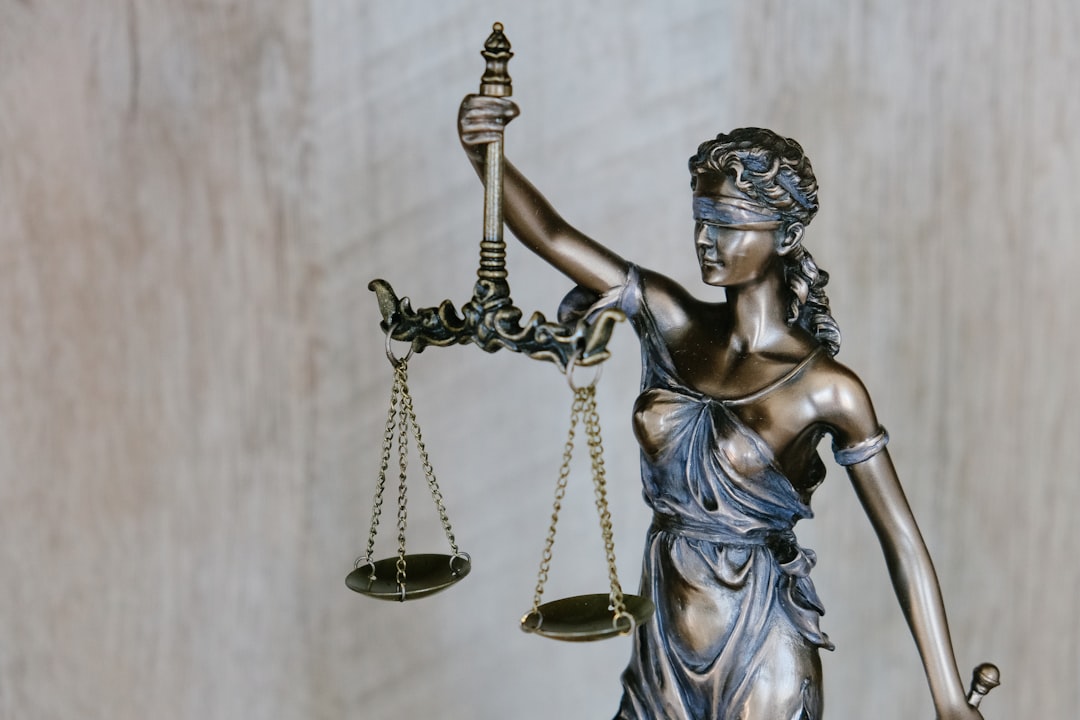
In the aftermath of an elderly sexual assault, survivors often face unique challenges due to their age and potential vulnerability. This is where support services and advocacy play a crucial role in the recovery process. Many organizations in Chicago offer specialized assistance tailored to elderly victims, ensuring they receive not only legal but also emotional and practical support. An elderly sexual assault lawyer Chicago can guide survivors through navigating the legal system while connecting them with resources like counseling services, medical care, and financial aid, all of which contribute to their overall well-being.
These advocacy groups often collaborate closely with law enforcement, including the Chicago Police Department, to ensure a sensitive and effective investigation. They provide a safe space for survivors to share their stories, offer legal representation, and help them understand their rights. By having an elderly sexual assault lawyer on their side, survivors can feel empowered to pursue justice while focusing on their recovery, knowing they have a dedicated ally in the complex process of seeking redress and healing.
